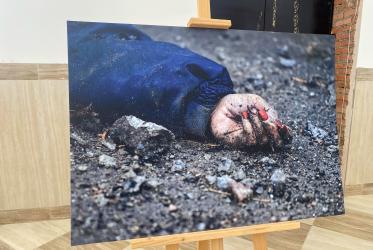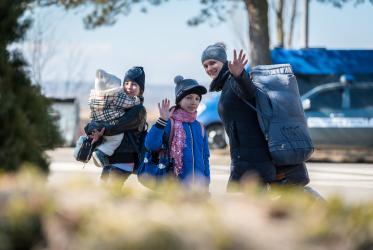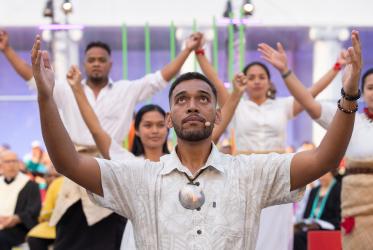Displaying 1 - 20 of 129
Tackling sexual violence in war
14 December 2023
Migrants in Argentina find listening ears and open hearts
04 November 2022
Ukraine: Responding to humanitarian need
08 September 2022







